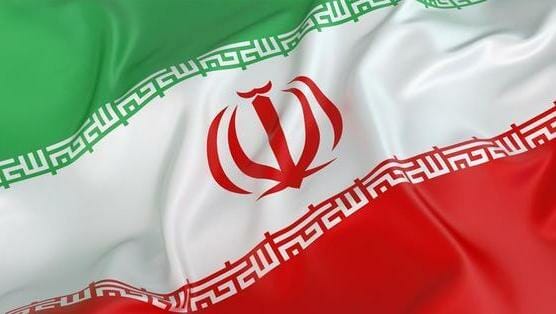The Colonel by Mahmoud Dowlatabadi

How many of us know what happened in Iran after the 1979 Revolution?
For many Iranians, the conservative regime of the ayatollahs that replaced Mohamed Reza Shah Pahlavi’s regime proved even harsher. Everyday personal liberties disappeared. Economic hardship grew. A brutal war between Iran and its neighbor Iraq dragged on from 1980 to 1988 and claimed a million lives, among them boys barely into adolescence. Leaders sadly glorified their deaths as martyrdom.
Westerners know these general facts. Yet from outside Iran, just how much could even the most interested, the most concerned and the most empathetic among us really know of the true nature of life in Iran as years passed?
Iranian writer Mahmoud Dowlatabadi’s novel The Colonel fills in the blank space.
Long-listed for the Man Asian prize and so far available only in English and German (Iranian authorities haven’t approved publication in Farsi), The Colonel takes place in the chaotic period just after the Shah’s exile from Iran and the triumphant return of Ayatollah Khomeini. Power quickly changed hands, as one oppressive regime rapidly replaced another. Darkness and brutality reigned.
We have accounts of post-revolutionary Iran, many written by Iranians who escaped the country before the revolution or immediately after it. Those who follow cinema will know of powerful movies (several banned in Iran) by top-caliber directors like Jafar Panahi and Abbas Kiarostami that offer insight into the Islamic Republic of Iran.
Dowlatabadi’s novel may well be the definitive written account to date of the terror and mayhem that existed in Iran just after the revolution and beyond into the war with Iraq.
The novel takes place on a dark and rainy night. An ex-army officer (the colonel), who once held high rank under the Shah, answers summons to identify and bury the body of his youngest daughter, Parvaneh. Just 14, Parvaneh was tortured and then executed for her opposition to the regime in power.
She’s neither the first nor the last of the colonel’s children to succumb to the powers-that-be. Two other children lie in their graves when the story opens. Another son, Amir, hides in the colonel’s cellar, traumatized by torture he endured for his own leftist views. A second daughter gets by only because she married an unscrupulous brute who takes sides wherever the bread is buttered.
-

-

-

-

-

-

-

-

-

-

-

-

-

-

-

-

-

-

-

-

-

-

-

-

-

-

-

-

-

-

-

-

-

-

-

-

-

-

-

-








































